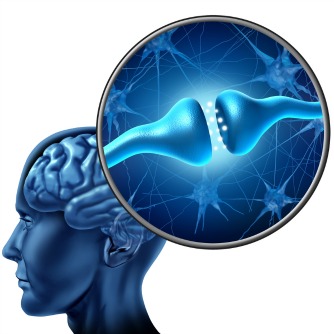A PROTEIN LINKED TO LONGEVITY PROTECTS AGAINST SYMPTOMS OF ALZHEIMERS'S
Antioxidant supplements

Scientists at the Gladstone Institutes and the University of California, San Francisco published a report in the Journal of Neuroscience in which argue that higher levels of Klotho protein can prolong life and protect against deficits in learning and memory typical of the disease Alzheimer's. Surprisingly, this increase in knowledge occurs despite the accumulation of toxins due to Alzheimer's disease, in the brain.
The Klotho protein naturally decreases with age, which also leads to a decline in cognitive abilities. A previous study carried out by researchers had revealed that the presence of a genetic variant that increases the levels of Klotho is associated with improved cognition in healthy individuals. However, the influence of the protein Klotho in front of cognitive disorders associated with aging, such as Alzheimer's disease, it was not yet clear.
To test the protective ability of the protein Klotho, the scientists created a mouse model of Alzheimer's sick. Normally, the models of mice with Alzheimer's have cognitive deficits, abnormal brain activity and premature death, but by raising the levels of Klotho these problems have improved. The effects of the protein were powerful enough to counter the effects of toxins related to Alzheimer's.
"It 's remarkable that we can improve cognition in a diseased brain, despite the fact that it is full of toxins," says author Dena Dubal, assistant professor of neurology, an expert in aging and neurodegenerative diseases at UCSF. "In addition to making healthy mice smarter, we can make sure that the brain is more resistant to the toxicity linked to Alzheimer We are able to provide greater resilience and increase brain function."
The benefits of Klotho may be due to its effect on a certain type of receptor neurotransmitter in the brain, called NMDA, which is involved in learning and memory. While Alzheimer's damages the NMDA receptors, mice with high levels of Klotho maintain the levels of normal receptors.
"The next step will be to identify and test drugs that may raise the levels of Klotho or reproduce its effects on the brain," said senior author Lennart Mucke, director of the Gladstone of neurological diseases, and Joseph B. Martin, professor Neuroscience at UCSF. "We are encouraged by the strong similarities that we found in the effects of Klotho in humans and mice, in our previous study. We think that this study provides good support to pursue insights on Klotho as a potential drug target for the treatment of disorders cognition in humans, including Alzheimer's disease. "
Source: Worldhealth
Antioxidant supplements
